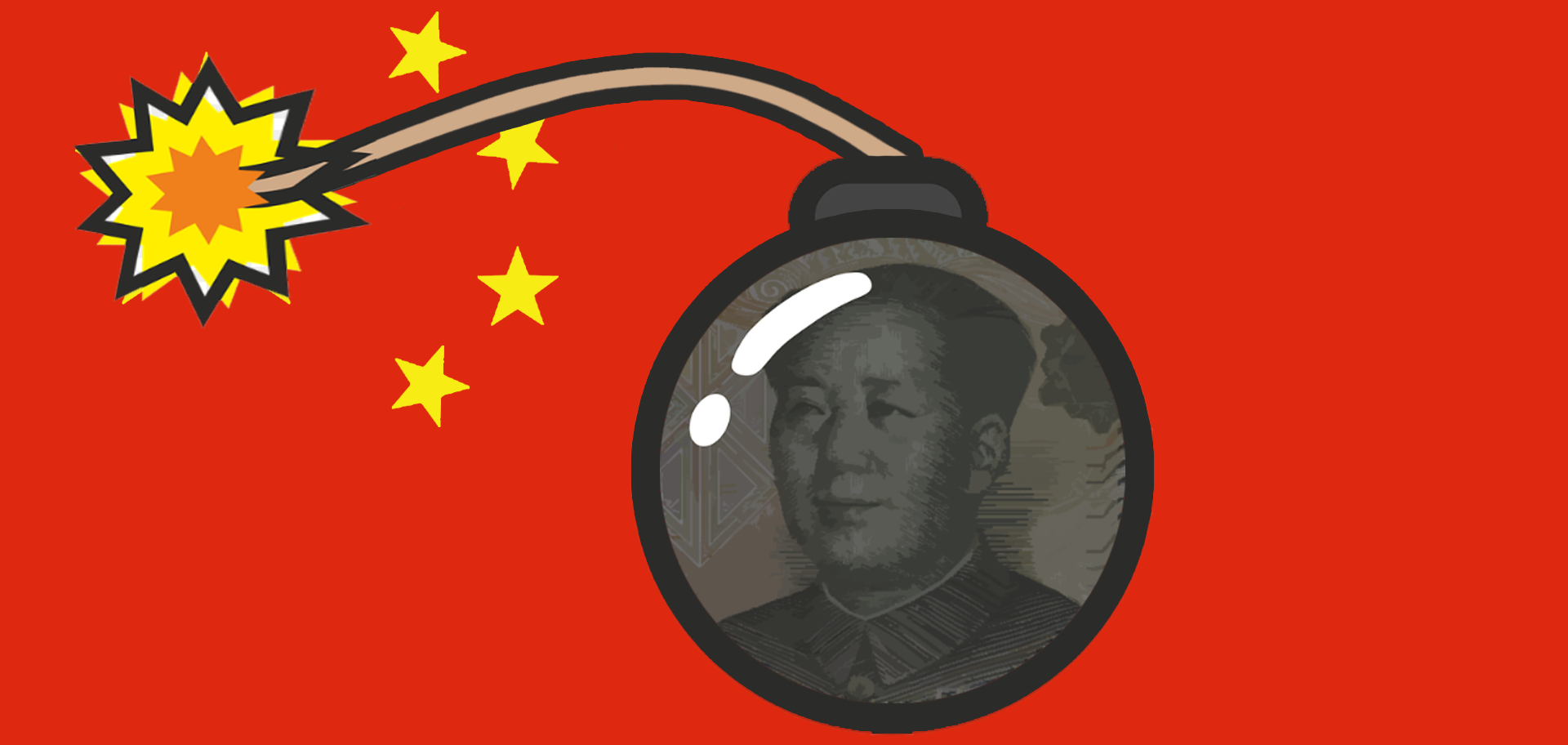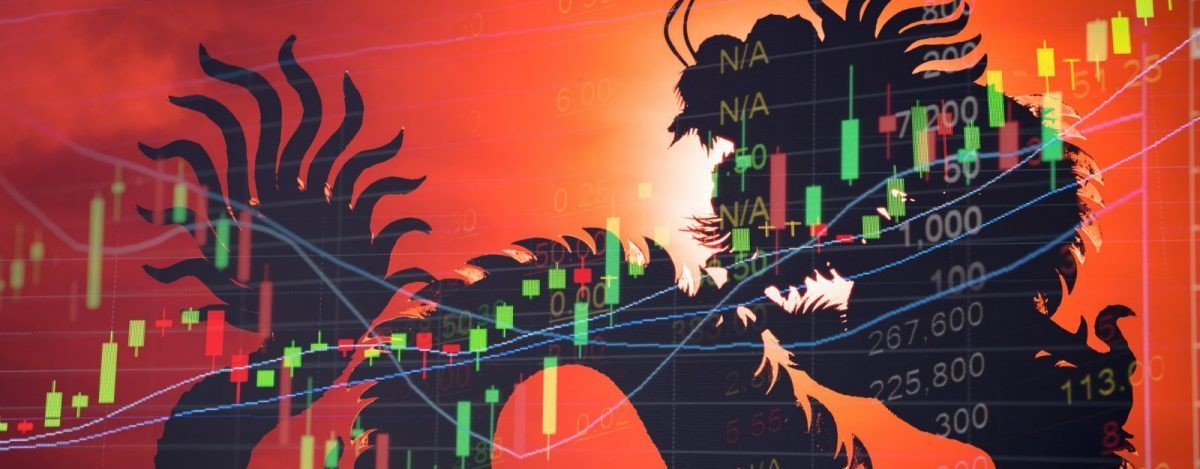Warren Buffett (in)famously referred to derivatives as financial weapons of mass destruction and, indeed, it is hard to argue against this description after seeing how derivatives did indeed risk bringing down the financial system in the aftermath of the Great Recession, with the “Mortgage-Backed Security + Credit Default Swap” equation representing the elephant in the
Financial Sector
Jun
Margin Trading Explained: Should You Trade Chinese Assets Using Leverage?
A lot of individuals claim they’re interested in “grabbing a piece of the China pie” without realizing that there are a wide range of roads they can take to achieve said goal. Needless to say, each road/option comes with its own risk factor and no matter which one you end up going with, there are
May
- No Comments
Counterparty Risk in China: A Potential Deal Breaker?
At the risk of repeating ourselves, we want to make it perfectly clear that ChinaFund.com is in no way here to “pitch” China as the perfect jurisdiction. In fact, there are countless articles which revolve around the exact opposite, the fact that there are significant drawbacks associated with launching a business in China, working with
May
- No Comments
Trying to Understand China’s Ever-Enigmatic Local Government Debt (LGD) and Local Government Financing Vehicles (LGFV)
Few topics generate more confusion than the local government debt (or) LGD one, in light of the fact that bookkeeping has been horrendous to such a degree that… well, pretty much nobody can clearly state how much debt we are even talking about, with estimates ranging from 35% to 60% of China’s GDP. At its
May
- No Comments
Chinese Assets and Trading Volume: Volatility-Facilitated Opportunities or Recipes for Disaster?
One of the main mistakes made by retail investors revolves around limiting themselves to analyzing price action and assuming that is all there is to it. For example, they see an asset (Chinese or otherwise) which went up continuously for 4 months and assume that this price action is extraordinarily bullish, with FOMO (Fear Of
May
- No Comments
Does China Have a Government (Public/National) Debt Problem?
Before continuing, we want to make it clear that this article only refers to government debt, also called public debt or national debt. As such: Household debt is not included Corporate debt is not included For more information on the types of debt that are relevant when analyzing a country, we would strongly recommend reading
May
- No Comments
China’s Corporate Debt and Recent Default Fears: From Chinese to Global Threat
As mentioned in another article, there are three main types of debt we need to keep in mind when analyzing a country: household debt (mortgages, personal loans, etc.), corporate debt (corporate loans/bonds) and government debt. Ask the average observer what type of debt he/she is least familiar with and, of course, corporate debt will most
May
- No Comments
Is China More Indebted Than Western Nations? (Broad) Types of Debt Explained
You might hear one expert state that China is less indebted than Western nations and then a few minutes later, flip the channel and come across another expert who just as confidently states that China is more indebted than Western nations, with the average observer left scratching his head and assuming this issue is just
May
- No Comments
China’s Bond Market: Sheer Size vs. Unaddressed (or Improperly Addressed) Issues
As explained rather frequently here on ChinaFund.com, it is difficult to find even one metric based on which China is not dominating. For example, at this point in time, the world’s largest banks are Chinese and on a similar note, China has the world’s number two equity market, let’s not even talk about “the usual
May
- No Comments
Calculating Your ROI (Return on Investment) with Chinese Assets: From Numbers on a Screen (Unrealized Gains/Losses) to Reality (Realized Gains/Losses)
Time and time again, whether we are referring to those who dabble in more exotic assets such as Chinese options or those who prefer limiting themselves to trails that have already been blazed many times over, investors and traders make the mistake of not understanding the vital distinction between “paper profits” and gains that found











